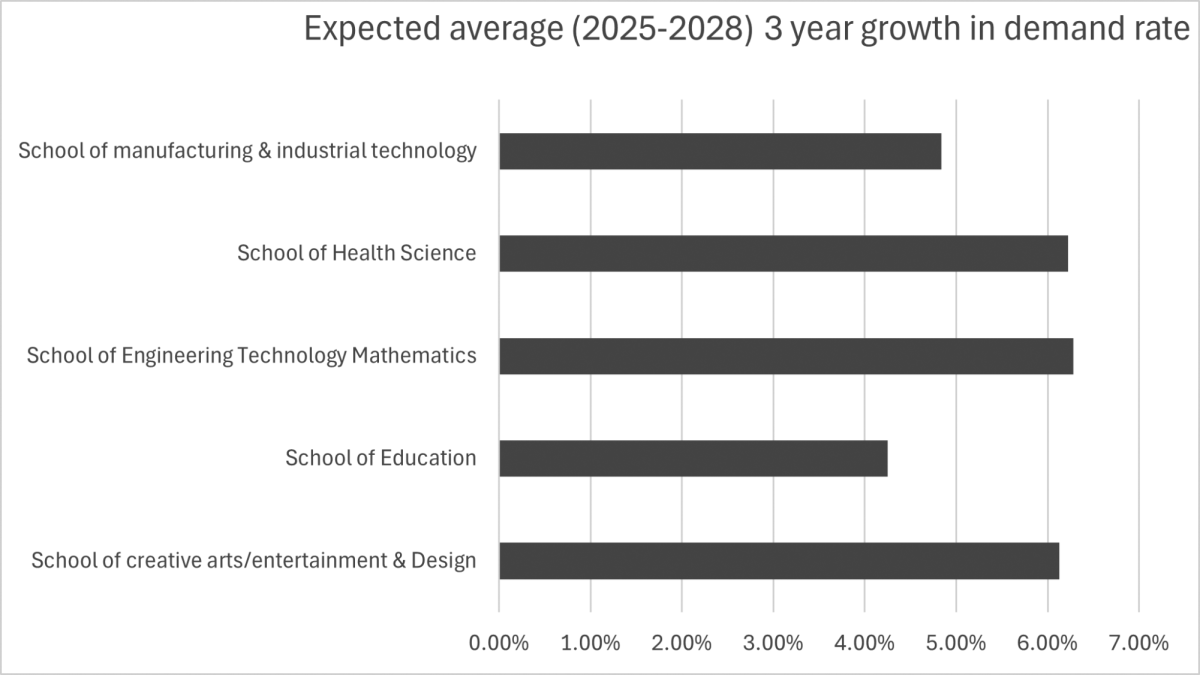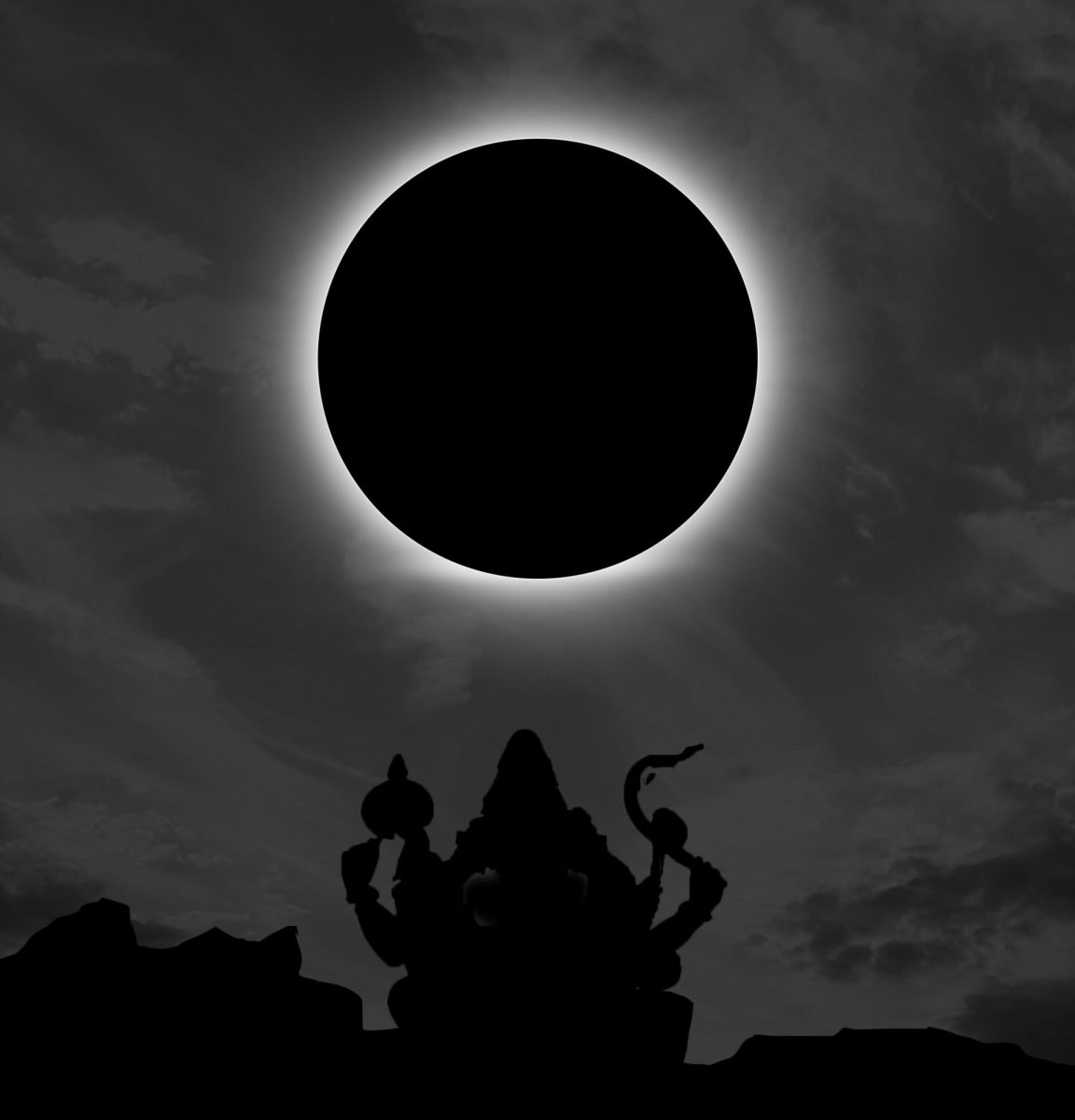Many Americans are unaware of the role the Electoral College plays in U.S. presidential elections.
Simply put, it serves as a mediator or referee of the presidential election process and is outlined in the U.S. Constitution.
Instead of determining the winner via popular vote, 538 electors from the 50 states and Washington, D.C, cast the decisive vote for president.
It takes half of the electoral votes plus one, a total of 270 electoral votes, to win.
“It is a system of voters who, at the state level, vote and vote for president based on the popular elections within those particular states,” said Dr. Cody Smith, a history professor at North Lake Campus.
Each state is assigned a specific number of electors based on their representation in both houses of Congress.
Big and small states have their own say. It’s a system unique to American democracy where winning states matters as much as winning the hearts and minds of the people.
The number of state electors is based on the number of representatives in both houses of Congress: The U.S. House of Representatives and the Senate.
There is one electoral vote per representative, based on population, and two U.S. Senators for each state.
In Texas, there are 38 members of the U.S. House of Representatives and two Senators.
That means Texas has a total of 50 electors to represent the popular vote in the state.
Wyoming has a smaller population and has only one representative in the U.S. House and two senators for a total of three electoral votes.
California is the most populated state with 52 members in the House and two in the Senate for a total of 54 electoral votes.
Smith said that, in the 19 elections since World War II, a president has won 51% of the popular vote just eight times, however, all won the Electoral College.
It’s a topic that has been hotly debated by voters and upheld by the sitting president and Congress as recently as 1970.
“A senate committee of the judiciary had a study on the direct popular election.
The president and Congress came to the conclusion that the design of the Electoral College incorporates the genius of popular democracy organized on the federal principle,” Smith said.
The creation of the Electoral College was outlined by Founding Father, James Madison, in the Federalist Papers.
It is a federal law intended to be a protection for minorities.
“The Electoral College was a genius system that allowed for both popular votes and to keep federalism intact.
And that’s one of the key things about the Electoral College and why it needs to be kept right is because it does act as the secondary check,” Smith said.
Smith opposes doing away with the Electoral College and cites problems in other countries that rely on the popular vote.
“Hence, it is such democracies that have ever been spectacles of turbulence and contention,” he said.
“Basically, Madison is saying that democracies like that fall apart. It would lead to tensions essentially and a very quick and violent death to the system.”
It would require a Constitutional amendment to do away with the Electoral College.
Some citizens have been calling for its removal and claim that such an act could take place in the near future.
Smith hopes that does not happen.
“I would say that it is probably a bad idea to get rid of it, if our current system is still in place.
I think it would lead to a lot more headaches. It would lead to a lot more contention in society,” Smith said.
When asked about the worst-case scenario if we did get rid of the Electoral College from the U.S. Presidential election process, Smith said, “Civil War.”
“If we are going to talk about the absolute worst-case scenario, it would obviously be a war.
Because that’s what it would devolve into. If we didn’t have these checks for a peaceful transfer of power, we would have a messy situation,” Smith said.

















